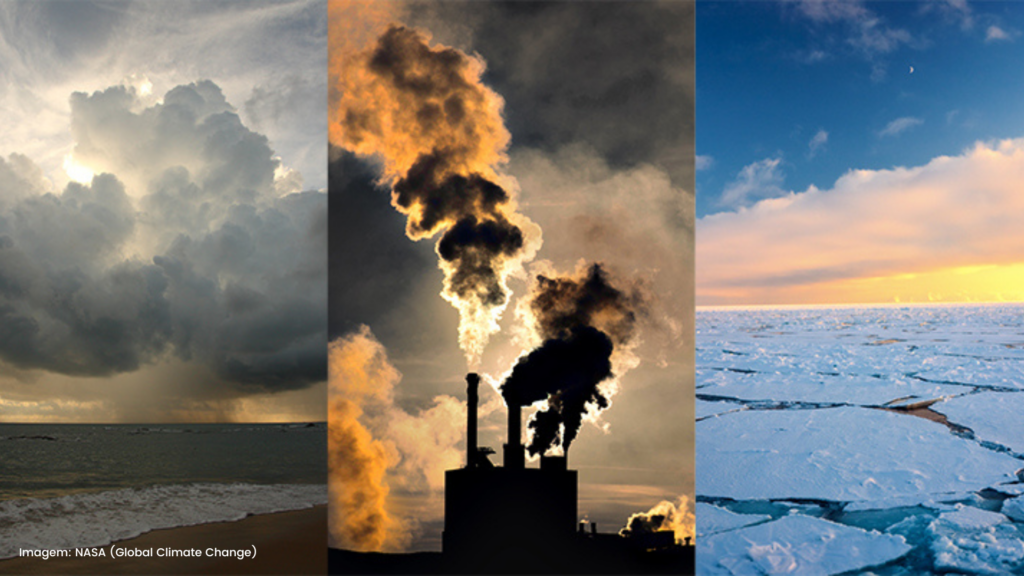Global warming is caused by increased greenhouse gas (GHG) emissions into the atmosphere from human activities.
Since the Industrial Revolution, we have been generating larger quantities of greenhouse gases (GHG) such as CO2 (carbon dioxide), CH4 (methane) and N2O (nitrous oxide) by using coal and oil as energy sources.
These three gases and others are naturally found in the atmosphere and, together with water, prevent the loss of solar energy absorbed by the planet during the day, thus regulating the Earth's temperature. In nature, this phenomenon is known as the greenhouse effect.
When there are more greenhouse gas (GHG) emissions than the planet can absorb in natural sinks, there is an imbalance, leading to an increase in temperature.
In the long term, all the accumulation of greenhouse gases (GHG) not absorbed in natural sinks across the planet results in an average global increase in temperature, and consequently in global warming.
Access below:








